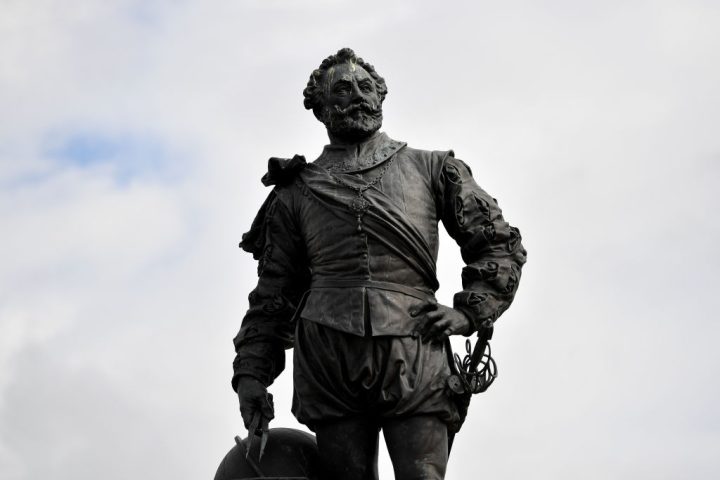The past has been cancelled at Exeter School in Devon. The names of Elizabethan naval heroes Sir Walter Raleigh and Sir Francis Drake are being erased from their school buildings. For so long central to Britain’s national story, the pair have now been tried and found wanting. Forget their brave exploits: the head teacher Louise Simpson has decreed that neither Raleigh nor Drake ‘represent the values and inclusive nature’ of the school.
Already a subscriber? Log in
Subscribe for just $2 a week
Try a month of The Spectator Australia absolutely free and without commitment. Not only that but – if you choose to continue – you’ll pay just $2 a week for your first year.
- Unlimited access to spectator.com.au and app
- The weekly edition on the Spectator Australia app
- Spectator podcasts and newsletters
- Full access to spectator.co.uk
Or




















Comments
Don't miss out
Join the conversation with other Spectator Australia readers. Subscribe to leave a comment.
SUBSCRIBEAlready a subscriber? Log in